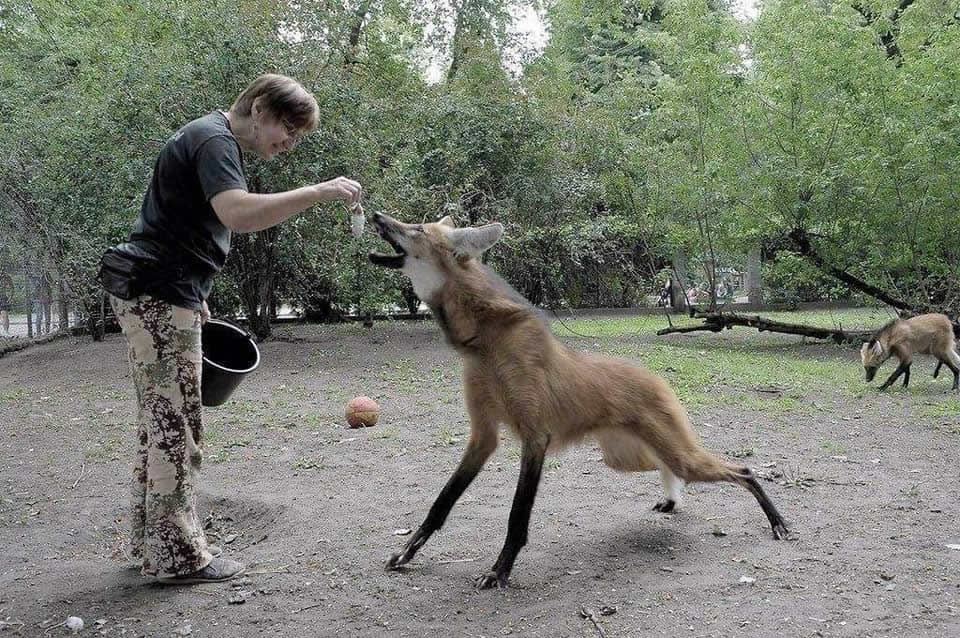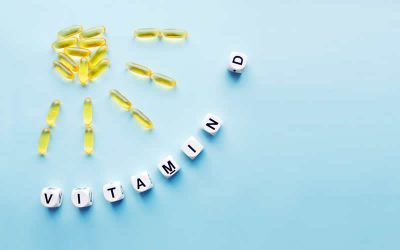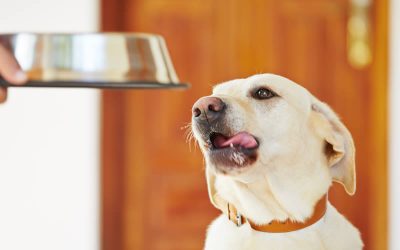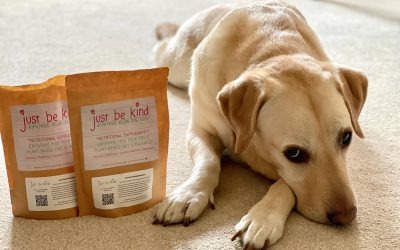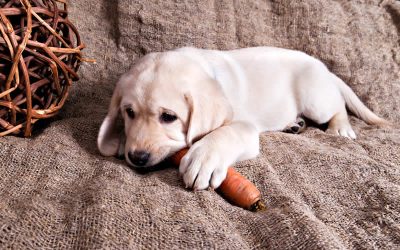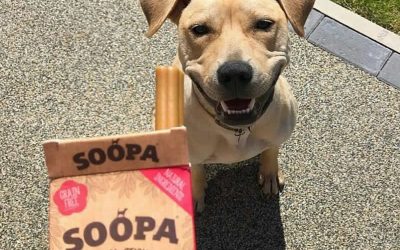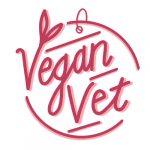Should this beautiful animal change the way we think about our dog’s nutrition?
This striking animal shown here in captivity; is a maned wolf (Chrysocyon brachyurus) and it is the largest canid in South America.
His marks resemble those of foxes, but he is not a fox or a wolf. It is the only species of the genus Chrysocyon (which means “golden dog”).
Although the maned wolf displays many fox-like characteristics, it is not closely related to foxes. It lacks the elliptical pupils in its eyes found distinctively in foxes. The maned wolf’s evolutionary relationship to the other members of the canid family makes it a unique and fascinating animal.
Why should a maned wolf hold the key to our dog’s nutrition?
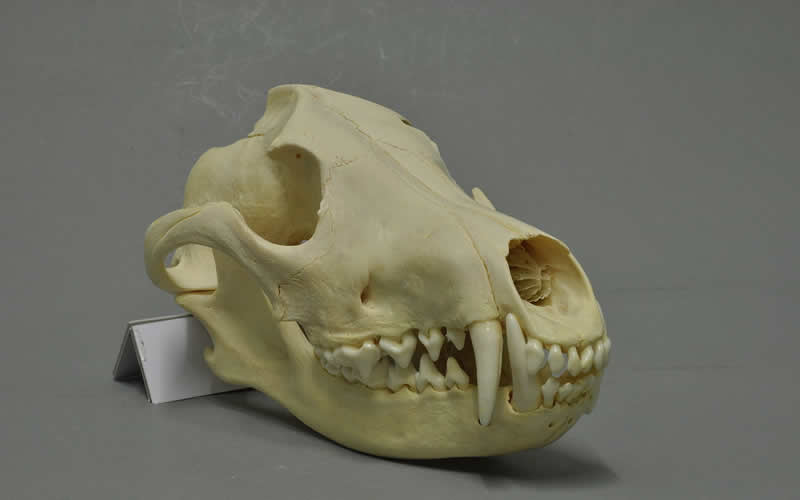
The skull of a maned wolf almost identical to that of our dog’s skull. As it does not kill or eat large prey, its upper carnassials (shearing teeth) are reduced, its upper incisors weak, and its canines are long and slender.
The maned wolf really blows the theory of our pet dogs needing meat in their diet completely out of the water. These beautiful and endangered ‘golden dogs’ (as they are neither fox nor wolf), share far more in common with our own pet dogs than the grey wolf.
They are classed as omnivores and live in the savannah of South America where they feed primarily on wolf apples that belong to the family Solanum – the same family as potatoes and tomatoes. These fruit are also eaten by humans in South America, but the maned wolf plays a very important role in the seed dispersal of these fruits.
Often, maned wolves defaecate on the nests of leafcutter ants. The ants then use the dung to fertilise their fungus gardens, but they discard the seeds contained in the dung onto refuse piles just outside their nests. This process significantly increases the germination rate of the seeds. They live beautifully in harmony with their environment and this delicate balance must be maintained.
They do hunt at night (typically small rodents and rabbits) but more than 50% of their diet is fruit and vegetable matter. Animals are more often consumed in the dry season as their first choice is vegetables!
Their eyes are similar to our dogs, they lack the jaw strength to be strong hunters (like our domestic dogs) and their footprints are very similar to our dog’s prints. They are parasitised by the same ticks and fleas as domestic dogs and they are also prone to catching the same viruses that we vaccinate our pets against. Their gestation period is the same length and when pups are born, they are born blind initially like our pups and the mother will regurgitate food for her young pup and teach it to forage from as young as 3 months old so their diet of vegetable matter begins as early as that.
As they are an endangered specie, they are successfully bred in zoos around the world. If they are incorrectly fed a high meat diet, they develop bladder stones – something seen commonly in our domestic dogs too! Interestingly, they also have very pungent smelling urine which is used to mark their territories and some people liken the smell of their urine to hops or cannabis. The responsible substance very likely is a pyrazine, which also occurs in plants (at the Rotterdam Zoo, this smell once set the police on a hunt for cannabis smokers!)
This beautiful and fascinating ‘golden dog’ surely holds the key to our dog’s nutrition and strengthens our belief that we should be adopting a plant-based diet for our dogs as the kindest and healthiest option possible. If not for our own dog’s health, then surely for the health of the South American savannah so that less land is used up by deforestation for meat agriculture and these endangered species can continue to live in perfect harmony with their environment.

We feature in the August Issue of Vegan Life
She has written the article with such an in-depth understanding of the importance of dogs going plant-based – all just so positive for the future!
The Vit D3 and Vegan Dog Food Debate
Which dog foods in the UK can be classed as fully vegan?
Mother nature is crying out….and we are listening!
“I don’t think we are going to become extinct. We are very clever and very resourceful”
Proof that vegan dogs are just as happy with their meals!
Prof Andrew Knight has published proof for the very first time, proving that a vegan diet is as palatable to our dogs as…
We launch our JUST BE KIND Supplement!
Our JUST BE KIND supplement powder contains the vitamins, minerals, trace elements and amino acids that are essential for dogs fed a purely plant-based diet
The History of Vegan Dog Food
It all started with a dog named Bramble who lived until she was 25 on a diet of organic brown rice, lentils, freshly grown vegetables and love!
Why we made a supplement
The results we received from our pet nutritionist who analysed the results for us were astounding as so many nutrients were lacking or very low
Plant-Based Dogs Featured On ITV News!
Plant-based dogs and Prof Andrew Knight featured on ITV main news!
Bronze Age dogs ate little meat
Fascinating article showing how Bronze Age dogs ate little meat and had to feed on cereals instead
Top Vegan Dog Dental Chews
Which dental plant-based chews are advised by our vet and which should you avoid?
Vet Reflections Of 2020
They say that to be truly happy, you need to have gratitude and I have to end the year with thanks to these wonderful people (and dogs)
Wispy’s guilty pleasures
We live in a zero carbon house. Wispy seriously offsets our carbon savings!

